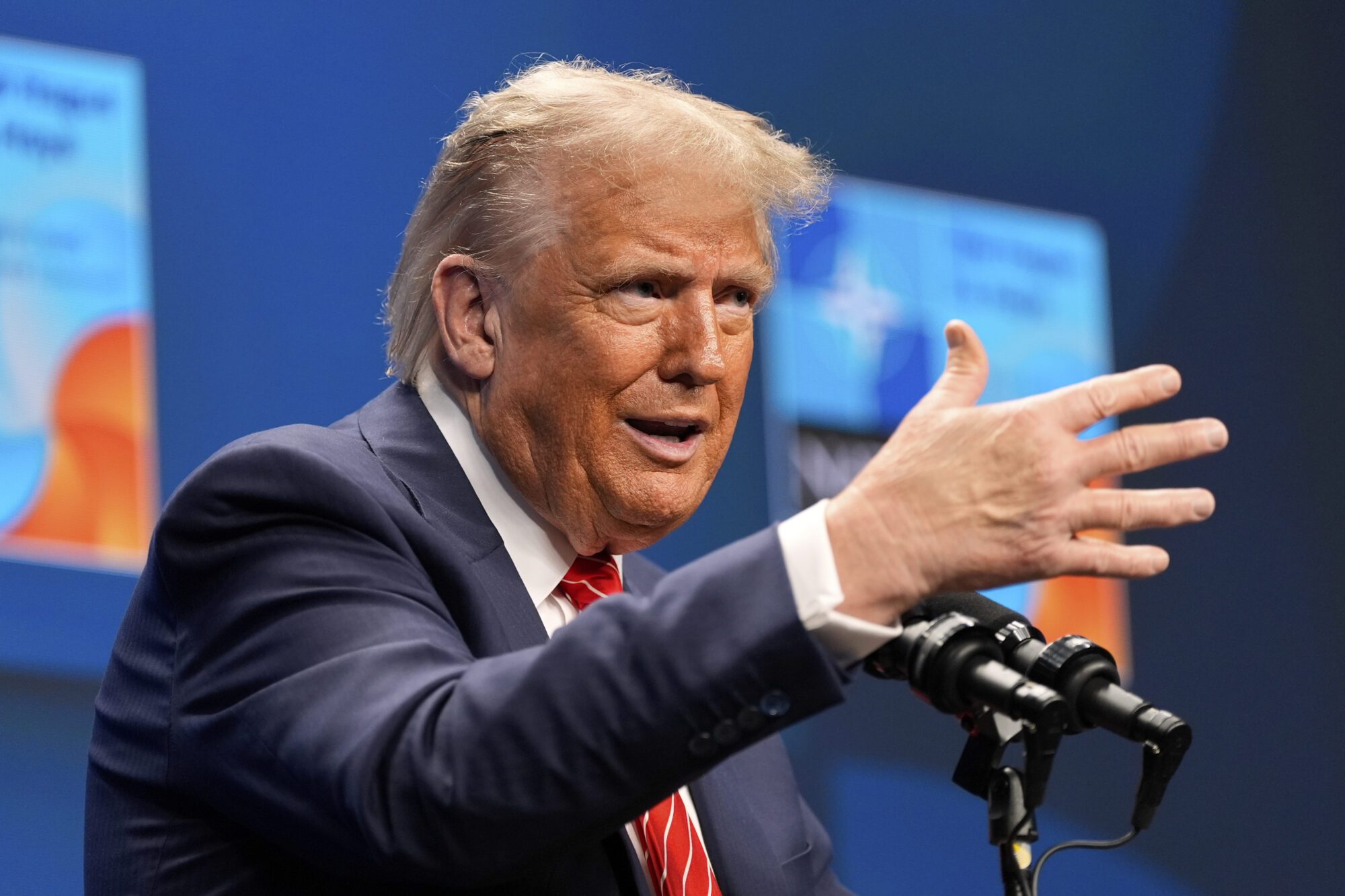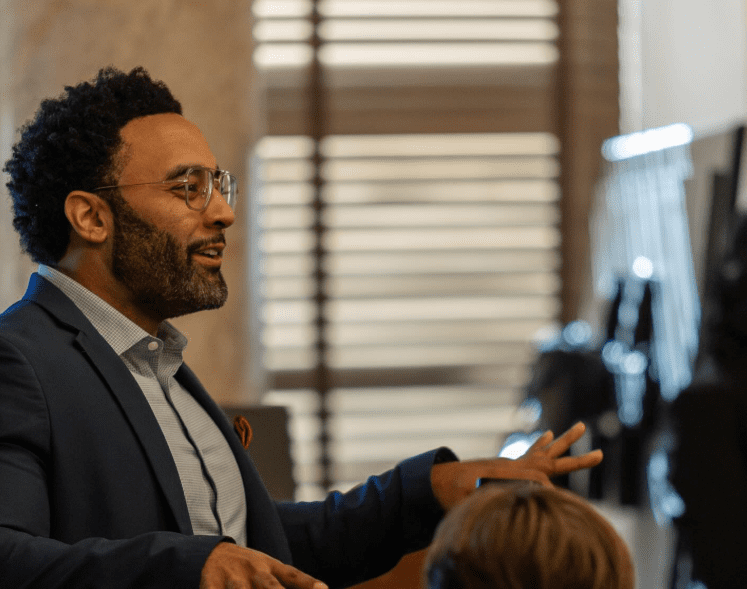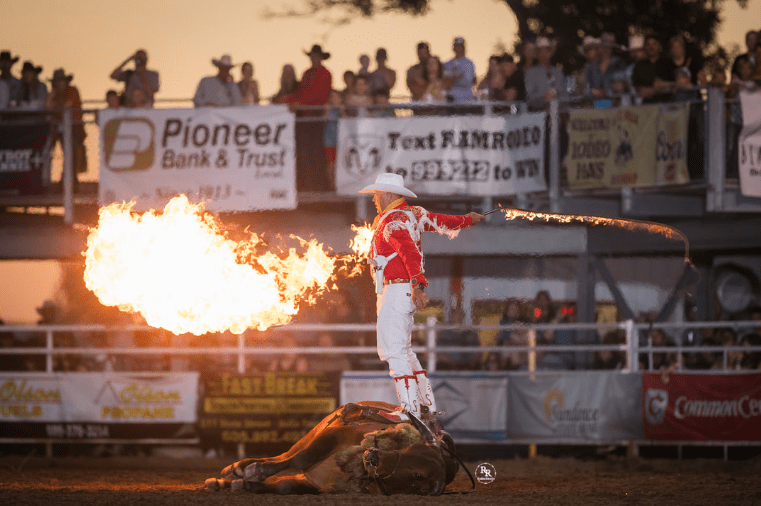State Farm turns the tables on Hurricane Katrina lawyers
Moore’s multifaceted role in the siege of State Farm is one of the most eye-popping, because it is impossible to say with certainty precisely who he was representing much of the time. He seems to have taken the view that what was good for Scruggs’ private clients was good for Mississippi, and he flitted from representing one to the other without giving the matter much thought. (Moore did not respond to repeated phone and e-mail messages seeking his cooperation on my feature story, so I am basing my understanding of his understanding of his role on this declaration he submitted in court in January 2008.)
At the end of 2006, when State Farm was simultaneously trying to negotiate resolutions of Hood’s civil case, Hood’s criminal inquiry, and a class-action being brought by the SKG lawyers, Moore served as a “facilitator” between all the parties on all three matters, he says in his declaration. Others present at these negotiations remember Moore describing himself at the time as “resolution counsel.” These terms make it sound like Moore was a neutral mediator of some sort. But that was not State Farm’s understanding. Its lawyers say they understood Moore to be Hood’s agent in the negotiations, not a neutral. Moore also acknowledges in his affidavit that he was, from time to time, offering Hood “advice and assistance” on his criminal inquiry of State Farm (although he didn’t actually sit in on any grand jury proceedings), which certainly helps explain why State Farm may not have seen him as neutral.
One way to find out who someone represents is to ask him how he’s getting paid. At a meeting in January 2007 deputy insurance commissioner David Lee Harrell did ask Moore that question, and Moore replied cryptically that he got “paid at the end of the day,” according to Harrell’s later deposition testimony.
In his January 2008 affidavit Moore neither confirmed nor denied having been asked that question or having given that answer. Instead, he offered this carefully worded, non-denial denial of Harrell’s testimony: “I have not received nor do I have any agreement to receive any compensation from any source as a result of my involvement as a facilitator.” Note that Moore does not say whether he had any expectation of receiving compensation.
In March 2007, the class-action settlement Moore facilitated fell apart. In June 2007 Moore entered an appearance as co-counsel for the plaintiffs in one of SKG’s key civil cases, McIntosh v. State Farm. Though Moore was never a formal member of the SKG joint venture, Cori Rigsby testified in November 2007 that she regarded Moore as a member of the SKG team. In his January 2008 affidavit – submitted after State Farm moved to disqualify Moore and the SKG/KLG lawyers in the McIntosh case – Moore wrote that because the McIntosh case involved “the most egregious conduct by State Farm, . . . I accepted the offer to be involved in the case and to have [sic] offered to do so on a pro bono basis.”
While indignantly denying any improprieties, Moore voluntarily moved to withdraw from McIntosh the same day he filed his declaration. Since his motion was granted, he successfully avoided the embarrassment of being included in Judge Senter’s April 4 disqualification order. Whether he successfully dodged political taint is another question.
Fortune
4/15/8







